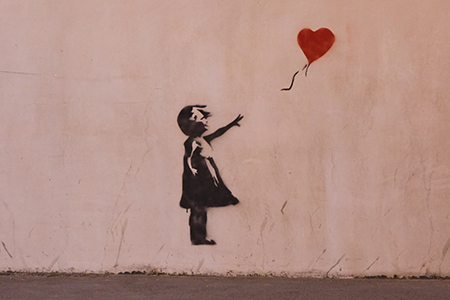Public Defender: women’s, children’s rights most at risk in breakaway regions

Georgian Public Defender Ucha Nanuashvili has released a special report today focusing on basic human rights violations against women and children in Georgia’s breakaway Abkhazia and Tskhinvali (South Ossetia) regions.
Based on the special report On the Rights of Women and Children in Conflict-Affected Regions, the conflicts in Russian occupied Abkhazia and Tskhinvali region "have particularly affected women and children, resulting in a shifting socio-economic role for women which, in turn, exposed them to an increased risk of violence”.
Trauma inflicted by the conflict and persistently poor social conditions are directly correlated with domestic violence, with women and children most often the victims. This problem is exacerbated by a lack of proper protection mechanisms, crisis centers, and psychological rehabilitation services”, the report reads.
Gender-based violence against women, domestic violence, early marriage, honor killings, women’s reproductive health and the ban on abortion in Abkhazia, women’s political participation and child poverty are some of the topics uniting the problems in both breakaway regions.
Presenting his review of 2014-2016, Nanuashvili said conflicts have particularly severe impact on women's and children's health.
Abkhazian organizations tend to be more active in advocating children’s and women’s rights and have been able to affect some positive outcomes”, the report says.
Public Defender welcomes local civil society organizations work "to raise awareness, provide legal counseling, and advocate for improved healthcare provisions with whatever meager resources at their disposal.
Domestic Violence
The report says that "appealing to law enforcement agencies with respect to domestic violence cases is not an encouraged practice in either region.
In most cases, victims continue to live with abusive spouses while local law enforcement agencies do not take domestic violence cases seriously and are reluctant to interfere in what is often viewed as a private matter”, it says.
Moreover, there are no shelters or crisis centers to provide protection and safety to victims.
Early Marriage
Law enforcement agencies mainly refrain from responding to early marriage cases and consider early marriage a family matter.
As "in most cases families refuse to accept the return of female victims of early marriage, as they believe it will damage the family’s honor and public reputation”.
It can be assumed that the practice of early marriage is just as common in other parts of Abkhazia, in Tskhinvali region and in Georgian-controlled territory. However, the Public Defender has no direct access which would allow it to acquire the full picture”, the report says.
The Public Defender says he is aware of 11 cases of early marriage among girls in Gali over the past three years including one case where both spouses were minors.
Honor Killings
As the report says, "women who are believed to have dishonored their families or clans by deviating from established social norms are at risk of honor killings, which tend to occur in patriarchal societies where such crimes are met with silence”.
The report further emphasises that "so-called honor killings, which are often motivated by deep-rooted prejudices and attitudes, represent one form of violence against women. Such prejudiced views regard women as subordinate to men and justify gender-based violence as a form of protection or attempt to control women”.
The Rights of Children to Life and Health
Underdeveloped medical services and infrastructure, as well as the general low qualification of medical personnel and high cost of medical services on the occupied territories, have negative impacts on the health status of local communities and in particular that of children”, the report says.
It says the "local hospitals lack intensive care units and, therefore, many Abkhazians, prefer to use healthcare facilities located either in the Russian Federation or in Georgian-controlled territory”.
Georgian authorities have taken measures to contribute to an improved healthcare system and access to healthcare services in Abkhazia and Tskhinvali region. In particular, "during the past several years, ambulances, various equipment and medical items, and tuberculosis and diabetes medication have been provided to the Abkhazian side”.
This is not an extensive list of issues the Public Defender has reviewed in his special report. To improve women’s and children’s conditions in Georgia's breakaway regions, he addresses all the local and international parties with relevant recommendations.
 Tweet
Tweet  Share
Share